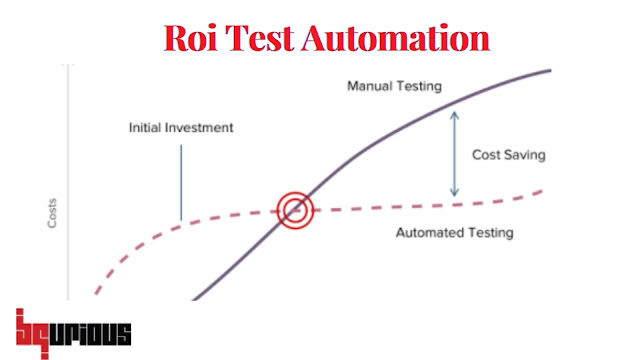Enterprise Application Testing: A Complete Guide Here
Enterprise Application Testing:
Enterprise applications (EA) can be described as a huge software system that is specifically designed for use in an organizational setting like government or business. EAs are complex, scalable, components-based distributed, and mission-critical. The EA software is several programs that have shared business applications as well as software for modeling organizational structures that have been designed to offer incredible functionality. EAs are created using enterprise architecture.
EA software is a vital element of any computer-based information system. It enhances efficiency and efficiency through the ability to support business functions.
Testing is a crucial aspect , and we are aware of the significance and importance for testing Enterprise applications, which serve as the backbone of many successful businesses across a variety of sectors. The process of testing in enterprise is becoming harder to manage not due to a lack of tools or resources, but because of the complexity of processes and transactions data density. Read below about enterprise app testing.
Testing Approach:
Modular testing is used to test the requirements The entire program is broken down into functional modules. Each one tests as a separate sub-system. Then, a system test confirms that the subsystems function perfectly when they interact with each with each.
Integration, Regression and Testing of systems
Usability Testing
Performance Testing
Functionality Testing
Business Tests for Logic
Database Interaction
Interdependencies among various business layers and mappings to relational: This is to ensure that all layers communicate effectively with one another and that data flow between the layers is fluid.
Dataflow, usability, and UI
Compatibility (on different h/w, and s/w configurations)
Installation and deployment testing is performed by simulating a users' environments and then testing the installation on similar platforms utilized by the end-user.
Reliability, performance , and performance and load tolerance
Testing for recovery and fail-over. The test will ensure that the system is able to recover to its last stable state following a crash or fail-over. It is recommended to create an efficient bug report. The resolution of a bug is contingent on the quality of the bug's report.
Advantages of Enterprise Application Testing
Enterprise Application is of High Quality.
Enterprise Application Software delivers what is to be expected.
Faster Installation.
Quicker Launch.
High Load Tolerance
Better User Interaction.
Consistent Performance.
Faster failover during interruptions.
Compatible with different configurations of hardware and software
Reliable Integrity and Authentication.
Security with greater assurance.
A faster time to get to market.
Integration and Deployment:
Enterprise applications are usually created to work in conjunction with other enterprise applications that are used in the company and are implemented across a variety of networking platforms (Internet, Intranet and corporate networks) with the strictest specifications for security and management. Enterprise applications that are proprietary are typically developed and implemented within the company by a dedicated IT developers within the business. But, an organization may outsource a portion or all the development of the app and then bring it back to its own team to be used.
Application Service Providers (ASP):
Today, the use of enterprise application services (ASP) is becoming more common. In this scenario, the application for enterprise is designed by a third party application service provider, and then leased to the enterprise, either as hosted or in-house services. This is also often referred to software-as-a-service (SaaS) or Web-based applications. A different trend for enterprise software is the shift towards cloud computing, which is where an enterprise shifts a part or all of its infrastructure to the cloud , a form of internet-based computing in which services are made available to enterprise's computers and other devices over the Internet in the form of a subscription-based service. Certain companies may also opt for an alternative that is hybrid, that integrates cloud-based applications with existing systems.
.jpg)



Comments
Post a Comment